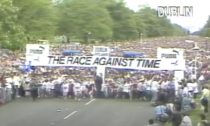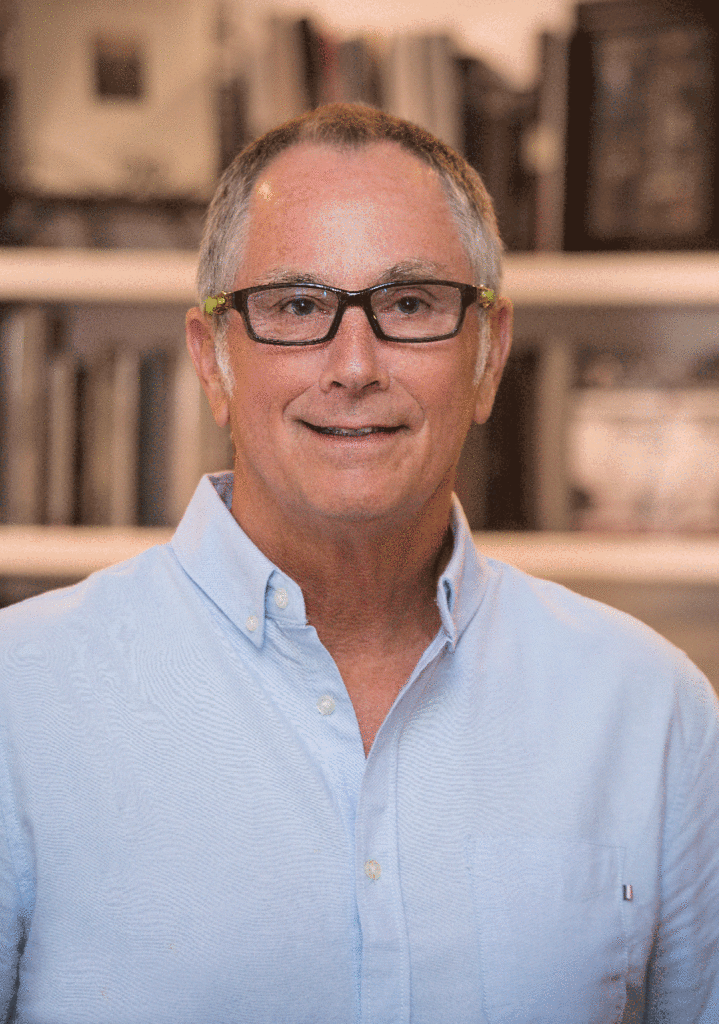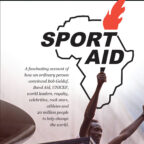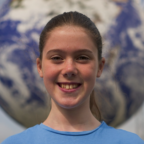
COP26 in Glasgow has come to an end and while there were some signs of progress – with new promises made – the overall outcome was very disappointing. Leaders and policymakers are not acting with the urgency or the ambition needed to limit global temperature rise to 1.5°C. They are more concerned about their popularity, the politics of today and that which effects their immediate future.
Around the world, people are experiencing the subtle and stark effects of climate change. Gradually shifting weather patterns, rising sea levels and more extreme weather events are devastating evidence of a rapidly changing climate and urgent need for solutions.
After all the talk at COP26, we must now see action. Without it, global temperature is on track to rise by 2.5 °C to 4.5 °C by 2100, according to the latest estimates. If we want a safer, healthier world for future generations, we must demand that world leaders do their duty, act now and stop kicking the ‘can down the street’.
A recent global survey illustrated the depth of anxiety many young people are feeling about climate change. Nearly 60% said they felt very worried or extremely worried. More than 45% said feelings about the climate affected their daily lives. 75% said they thought the future was frightening and over half (56%) said they thought humanity was actually doomed. 66% reported feeling sad, afraid and anxious. Many felt fear, anger, despair, grief and shame – as well as hope. One 16-year-old said: “It’s different for young people – for us, the destruction of the planet is personal.”
But for most, they don’t know what to do – how to engage with the cause – make a difference.
If a single person eliminated 100% of their emissions for the rest of their life, they would save one seconds worth of emissions from the global energy sector – even the most motivated person can’t make a tiny dent. For systemic changes in technology, politics and the economy of the magnitude required, we need to influence the people at the levers – the policymakers of our world.
Politicians and policymakers need to know and feel strongly that people care, that their own success depends on tackling climate change.
When governments and local politicians are reluctant to change laws that effect their biggest tax contributors or campaign donors, we need to vote them out and vote in people who respect the science.
We need to hold our policymakers accountable for implementing the most effective climate change strategies – not just focus on things like banning plastic straws but by moving BIG levers: Food, transportation and energy and smaller ones like cement and construction.
In the mid 80s ordinary people were also outraged that politicians and policymakers would not act fast enough to help save the victims of the African famine. It became a time of global consciousness and a willingness of individuals to take responsibility themselves. It was a time of global events to raise awareness and funds for people in need.
The movement began with Bob Geldof and Live Aid. It continued with Sport Aid, Hands Across America, Canada’s Northern Lights and The First Earth Run. It was a time when people removed responsibility from the hands of charitable and non-governmental organisations and took action themselves – individually and collectively.
On May 25th, 1986 at 15:00 GMT, 19.8 million people in 89 countries took part in Sport Aid and the Race Against Time. They ran 10k through their towns, villages and cities to deliver a petition of blistered feet to the doorstep of the United Nations in New York. They demanded action for the people of Ethiopia and Sudan – and they got it. US$35 million was raised on the day and US$150m of African foreign debt was cancelled at the UN Special Session on Africa that followed.
The project was hugely successful. People felt empowered. They believed they could affect the world in which they lived and policymakers listened to their voices.
Sport Aid and ‘Run the World’ as it became known, was all achieved before the internet, email, mobile phones and social media. It took one year to plan and 100 days to implement.
We now live in a different world – a digital world and a globally connected community. As of January 2021 there were 4.66 billion active internet users worldwide – 59.5% of the global population. Of this total, 92.6% (4.32 billion) accessed the internet via mobile devices. More than 330 million people started using the internet in the past 12 months, taking the total number of global internet users now, to 4.72 billion!
Let’s use this to change the world again!







Social Profiles